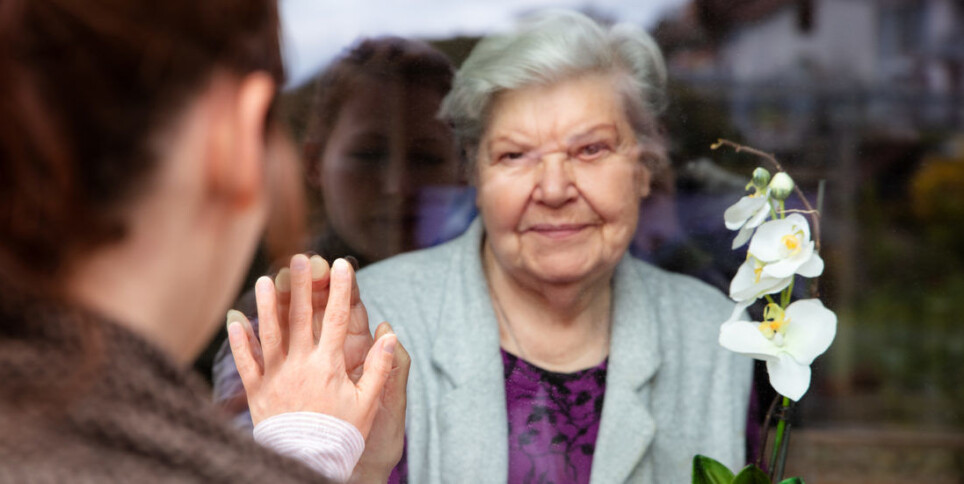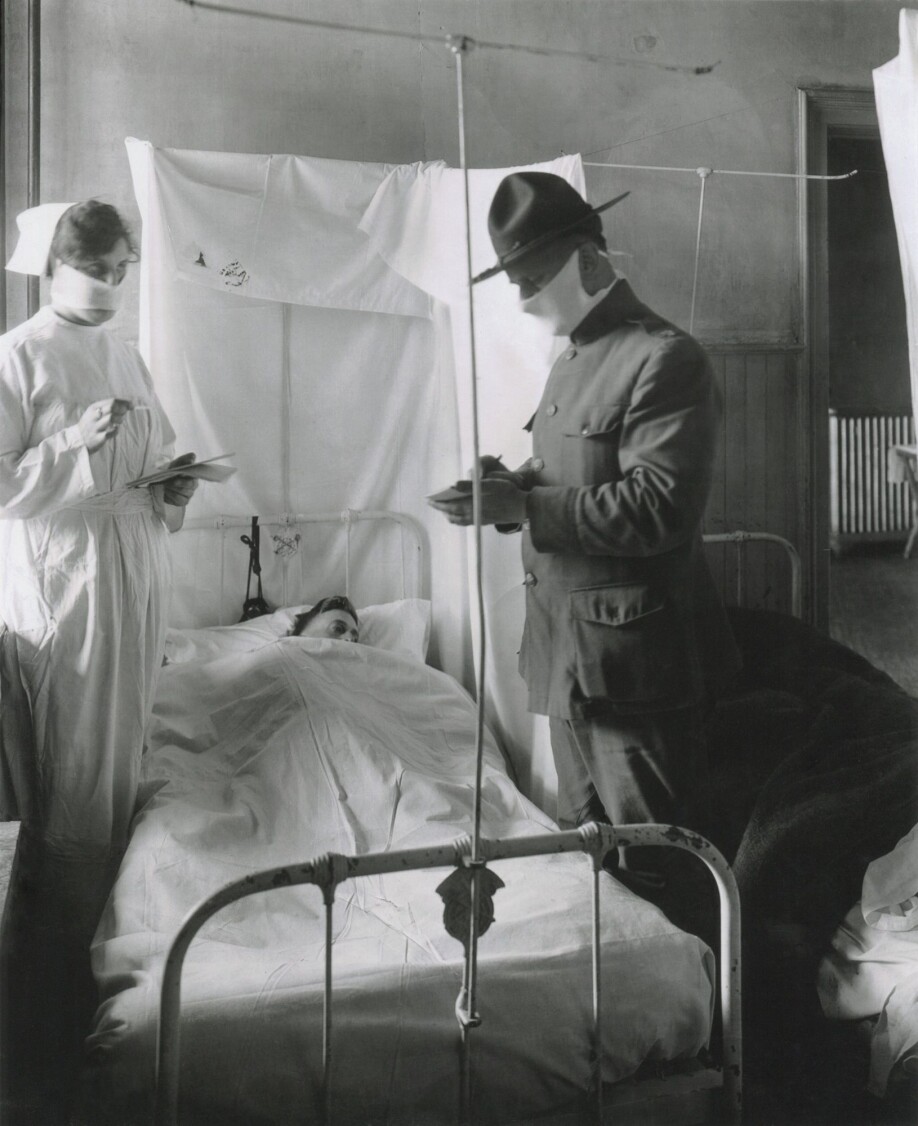THIS ARTICLE/PRESS RELEASE IS PAID FOR AND PRESENTED BY NTNU Norwegian University of Science and Technology - read more

Coronavirus measures have actually been pretty mild
Norwegians are unspeakably tired of the measures imposed by the country’s Minister of Health, Bent Høie. But historian Erik Opsahl says the measures are mild compared to the old days. Imported infection during pandemics used to be stopped by gunfire.
A year has now passed since Norway closed down.
A lot of people are still working from their home office. Slightly stiffer in the shoulders. A little more grey in their hair. Quietly exhausted.
Some people have lost someone they loved. Some have never fully recovered. Some have more money in their bank account.
There have been far more dark days than most of us are used to having.
What have we actually learned?

Pandemics have stopped war and led to revolution
“We’ve received a collective shock about the vulnerability of modern society,” says Erik Opsahl, a historian at NTNU. For him, much of what is happening now isn’t all that surprising.
It’s no wonder.
Historically, pandemics have stopped war, led to revolution and changed laws. Pandemics and the measures to curb and stop them affect almost all aspects of society with all the tensions we’re now familiar with, between industry, politics, everyday life and personal freedom.
It was like that before. It’s like that now.
The plague, cholera, typhus, black death, smallpox and tuberculosis. Did we think for a minute that microbes had been overcome?
“It might be easy to think that people got sick in the past because they lived closer together with visible dirt around them, but the pandemic shows that modern people can’t fully protect themselves against viruses and bacteria either. We’re basically as vulnerable to pandemics as humans have always been,” says Opsahl.
What we can’t overlook in our lifetime
He hopes that the pandemic will lead to increased humility and awareness by humans regarding the use, and perhaps especially the consumption, of nature and animals.
“The pandemic will be another historical reference point that we can’t overlook in our lifetime,” says Opsahl.
He thinks that the measures we’re still having to comply with, and that so many of us are so unspeakably tired of, are mild compared to the old days. People then could be shot on the spot if they tried to sneak across the border.
“When the plague broke out in Sweden in 1710, the Norwegian population living near the border was forcibly relocated at least five kilometres back from the border into the country. All Norwegians who had access to rifles were ordered to shoot Swedes who tried to cross the border. The clothes of the dead were not to be touched, and the dead were to be buried on site using rods,” Opsahl says.
Today’s measures have been around for ages
People in the past didn’t know what we do about how diseases spread, but saw that quarantine and isolation helped.
“We might perceive the measures as extreme, but they led to Norway avoiding the plague in 1710. The basic measures we’re living with now, where the goal is to limit contact between people, are ancient tools that were used all the way back in the late Middle Ages,” says Opsahl.
He thinks we’ve forgotten a lot in just five years.
“How this time is remembered depends on how well we handle things going forward, but human beings live in the here and now. Although an event like the pandemic is a watershed moment, people tend to forget quickly,” says Opsahl.
He reflects on the Spanish flu, which wrought havoc just over a hundred years ago. The Spanish flu is considered the worst pandemic since the Black Death, based on the number of dead. In Norway, the Spanish flu infected more than one million women and men.

Conceivable that emergency preparedness only a bluff
In mid-April, a commission will be releasing a report on how Norway has handled the pandemic.
It has already become clear that Norway was not particularly well prepared for the coronavirus pandemic in certain areas.
“We lacked some of the most basic preparedness. There’s no guarantee that we’ll be well prepared for the next pandemic either. It could come in five or 50 years. Politicians will be exposed to various pressure groups that are vying for resources. Money for emergency preparedness could once again come under pressure and be de-prioritized. In the future we’ll also see a decline in revenues from oil, and we’ll have to make hard choices. We can hope for long-term preparedness, but it could also just be a bluff,” says Opsahl.
The pandemic put politicians to the test. Some make big mistakes. Others steer the ship with a steady hand.
Increased support for authoritarian regimes possible
“Politicians who are perceived by the population as having handled the crisis well will get increased support. This is true for both democratic countries and in dictatorships. Unfortunately, the pandemic can prop up authoritarian regimes. A dictatorship like China could gain control just by shutting down over a million people in one day. Delays are the price we pay for our personal freedom in democracies. If you have politicians who don’t deliver, then some people may think that a dictatorship is better after all because it gets results. In Norway, Erna Solberg will probably receive increased support during the election this autumn, but whether that’s enough for her to stay on as prime minister remains to be seen,” says Opsahl.
Reference:
Preparatory source: Epidemier – En natur- og kulturhistorie (Epidemics – a natural and cultural history by Jan Brøgger)
———
Read the Norwegian version of this article at forskning.no
See more content from NTNU:
-
This determines whether your income level rises or falls
-
Why is nothing being done about the destruction of nature?“We hand over the data, but then it stops there"
-
Researchers now know more about why quick clay is so unstable
-
Many mothers do not show up for postnatal check-ups
-
This woman's grave from the Viking Age excites archaeologists
-
The EU recommended a new method for making smoked salmon. But what did Norwegians think about this?





































